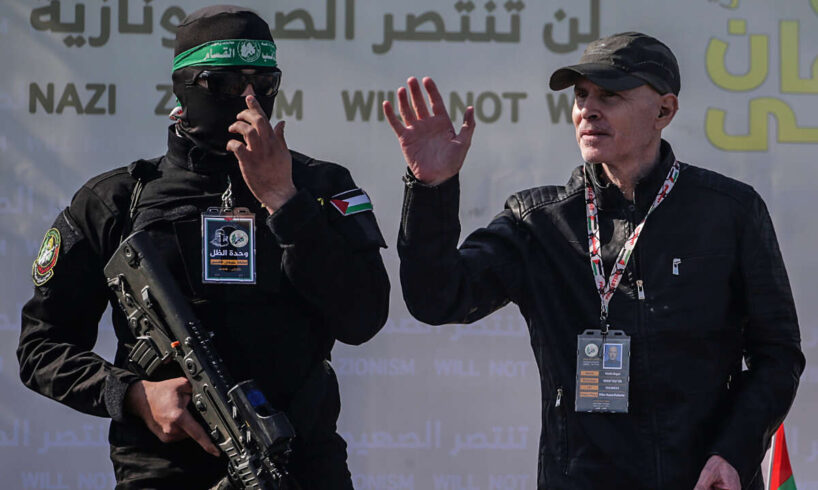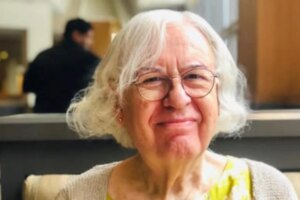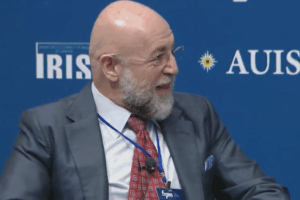
Half a year following his release from Gaza captivity, Keith Samuel Siegel gave an interview Sunday morning to Niv Raskin on Channel 12. The captivity survivor, abducted on October 7 and detained for 484 days in the Strip, disclosed details regarding the unbearable conditions under which hostages remain confined.
“Ever since my return, I find it challenging to employ the term ‘challenging,’ because my thoughts turn to the fifty individuals there and their families,” Siegel explained.
“I personally lived through the emotional rollercoaster of negotiations reportedly approaching conclusion – only to be told it never materialized. The hostages still there endure this repeatedly, and insufficient are the sufferings they face, violence, mistreatment, starvation under the most severe conditions conceivable.”
“I witnessed individuals subjected to torture,” he shared. “I observed a female hostage being beaten while they shoved a sharp rod into her forehead, brought me into the chamber and instructed me to tell her to admit to actions she had never committed. I personally endured serious violence as well.”
Nevertheless, Siegel added that the most challenging aspect of imprisonment proved completely different. “My greatest difficulty was recognizing that my family suffered far more than I did, lacking any means to know my wellbeing. I remain certain their anguish exceeded mine. The separation from family, uncertainty about their condition and awareness they possessed no knowledge of my state – this alone constitutes torture. They, the fifty hostages and their families, continue experiencing that suffering and horror.”
Keith Siegel meets IDF officials after being released (IDF Spokesperson’s Unit)
He referenced the families’ battle, which his wife Aviva joined following her return from captivity in November 2023. “Witnessing the extent of families’ determination is remarkable, traveling globally, working morning until evening attempting to recover their beloved ones, alongside people who joined their cause. My family supplied tremendous strength during captivity, making me feel obligated to survive for my return to them.”
Today, having remained home six months while deeply engaged in rehabilitation, he continues thinking about the companions he encountered during imprisonment and whom are still left behind. “My thoughts turn to Matan [Angrest], with whom we remained confined over two months in a chamber lacking illumination and windows. We pleaded for bathroom access, struck the door hoping for opening. With Omri Miran I spent considerable time, he frequently discussed family and overwhelming longing. I think of Gali and Ziv [Berman] from my kibbutz, individuals I’ve known since birth. Following extensive duration – all fall within humanitarian classification.”
Siegel, draped in an Israeli flag, arrives to Tel Aviv Sourasky Medical Center (Alexi J. Rosenfeld/Getty Images)
His approach to managing distressing thoughts, he shared, involves maintaining active participation in the campaign for hostages to come home. “I undertake activities I previously wouldn’t attempt, including addressing audiences numbering hundreds and thousands. Previously, merely considering such circumstances would generate anxiety – currently I recognize possessing a voice requiring expression and fortunately can maintain stability while performing actions hopefully beneficial.”
Concluding, Siegel advocated for a deal that would have all hostages come home together. “I struggle considering scenarios where some return while others remain. We must rescue them, representing our duty as a nation and moral individuals. I appeal to the prime minister to guarantee this occurs, to President Donald Trump to maintain efforts, to mediators ensuring negotiations produce agreement.”





